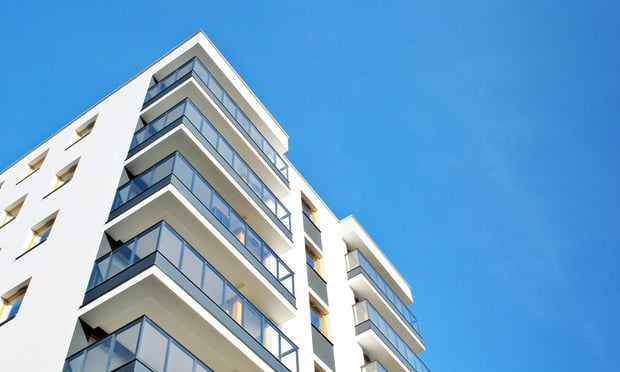A new report from the company Phoenix American says unemployment support has been key in allowing people to pay rent during the coronavirus pandemic.
The report details the economic havoc caused by the coronavirus pandemic, noting losses in jobs were “concentrated in lower-wage hourly jobs in sectors such as retail and hospitality.”
“Because low-wage workers are more likely to be renters than homeowners, the apartment industry braced for a wave of missed payments. The expected calamity has not yet materialized,” the report reads. “Through the end of July, tenants of professionally managed apartments missed rent payments only about 2-3 percentage points more than historical norms.”
Federal unemployment aid helped renters, according to the report, and supplemental unemployment payments were “essential” in stopping huge levels in failures to pay.
“However, the extra benefit expired at the end of July and Congress is still negotiating whether to extend the payments and by how much,” the report said, also arguing the U.S. government is likely to extend some level of benefits with the general election in November.
At the state level, there have been a variety of prohibitions on loan foreclosures and evictions, according to the report.
The owners of apartments are not eager to remove renters, according to the report.
“The industry is not eager to put itself in a negative light,” the report states. “The National Multifamily Housing Council (NMHC) has published suggestions for owners on how to avoid evictions that include: freezing rent increases and late fees for residents who can document hardship related to COVID-19, developing flexible payment plans for residents with hardships, and helping residents access government benefits.”
There are arguments that suburbs will become more attractive going forward compared to urban employment hubs, according to the report.
But as for the long-term demand of multifamily real estate, the report says it’s too early to have any certain answers on the impact of possible lifestyle changes spurred by the pandemic.
“One thing that remains clear is that multifamily has benefits that should help produce stability compared to other asset types,” according to the report. “Multifamily has strong fundamental drivers that are unlikely to deteriorate except under extreme economic conditions.”
